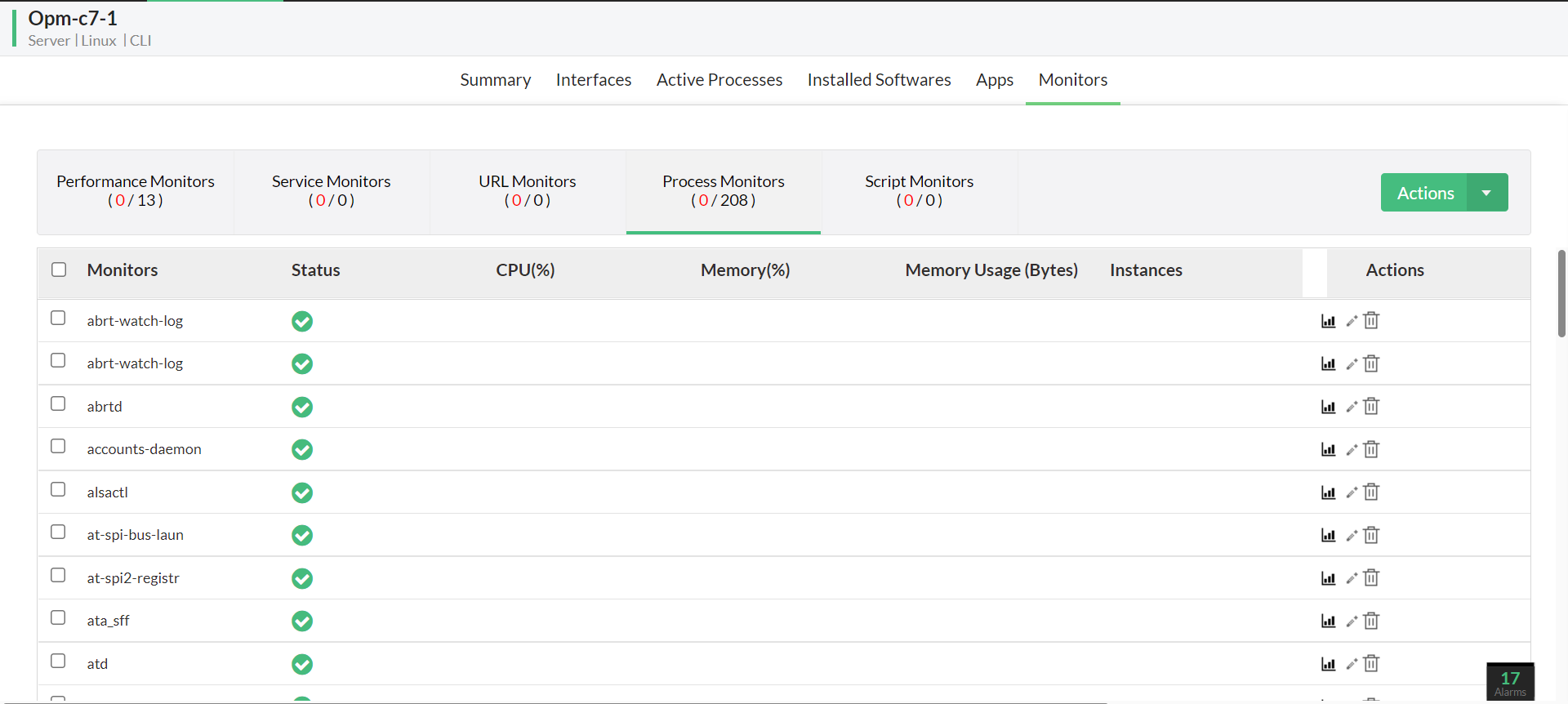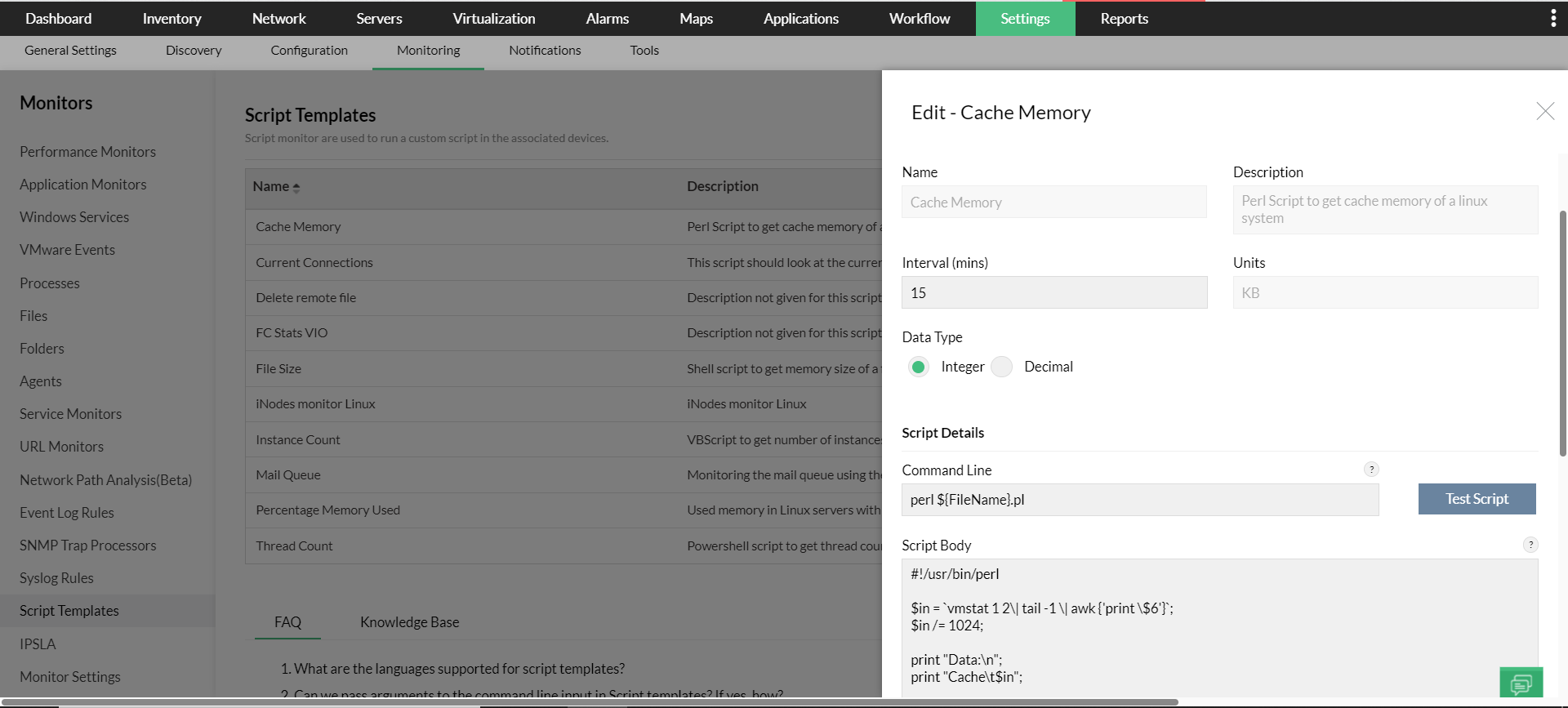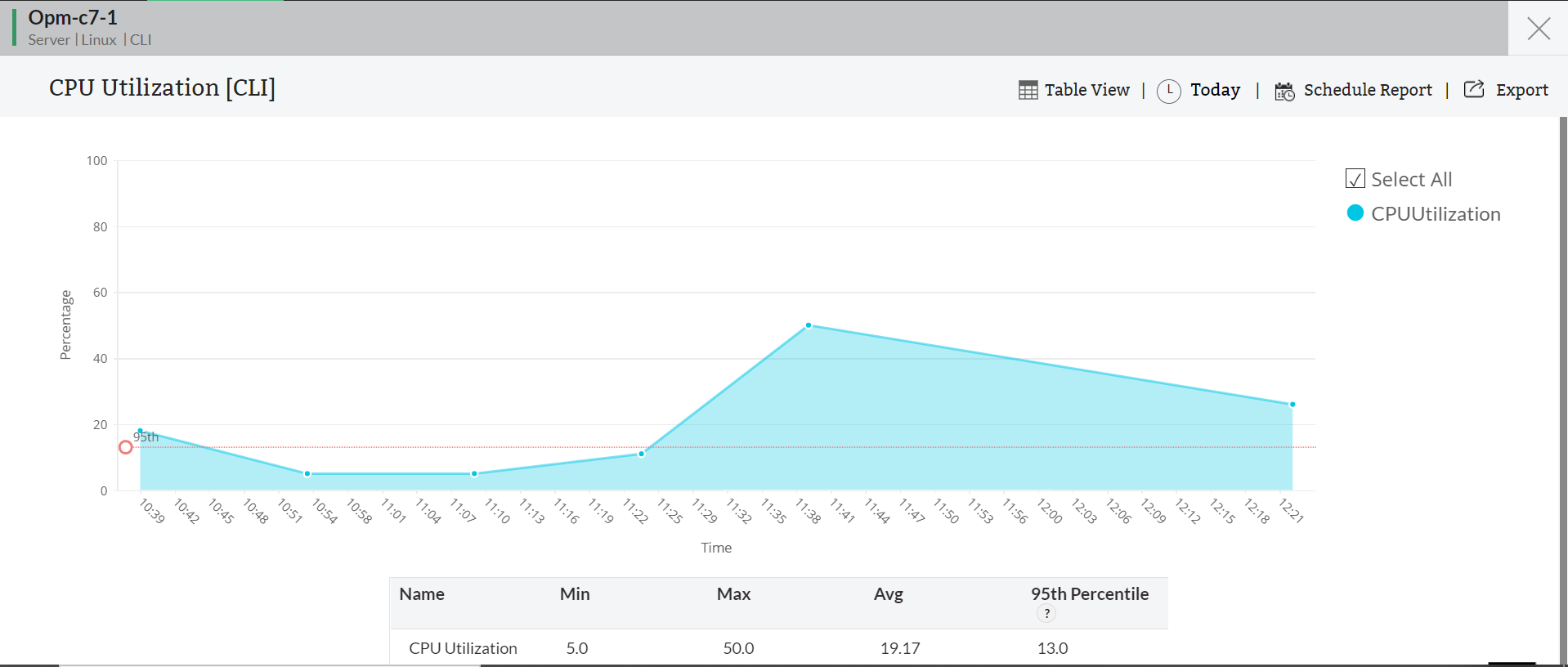Hey there, tech enthusiasts! If you're reading this, chances are you're diving deep into the world of cybersecurity or looking for ways to fortify your digital defenses. And let’s be honest, SSH monitoring tools are the unsung heroes of modern IT infrastructure. They’re like the invisible bodyguards that keep your data secure and your systems running smoothly. But what exactly is an SSH monitoring tool? Why do you need it? And how can it save your digital bacon? Well, buckle up because we’re about to break it all down for you!
Imagine this: you're running a business, managing servers, or just trying to keep your personal data safe. Now, SSH (Secure Shell) is the backbone of secure communication between systems. But here’s the catch—if someone sneaks in and tampers with your SSH connections, you’re in deep trouble. That’s where SSH monitoring tools come into play. They’re like the watchdogs of your digital world, ensuring everything stays secure and intact.
This guide isn’t just another tech jargon-filled article. We’re here to give you the lowdown on SSH monitoring tools in a way that’s easy to digest, packed with actionable insights, and, most importantly, super useful. So, whether you’re a tech guru or a newbie in the world of IT, this guide has got you covered.
What Is SSH Monitoring Tool?
Alright, let’s get straight to the point. An SSH monitoring tool is a software designed to keep tabs on your SSH connections and activities. Think of it as a digital surveillance system that monitors who’s accessing your servers, what they’re doing, and whether anything suspicious is going on. But why is this important? Well, in today’s digital landscape, cybersecurity threats are lurking around every corner. Hackers are constantly looking for vulnerabilities, and SSH is often a prime target.
Here’s the deal: SSH is like the secret handshake that lets authorized users access remote systems securely. But if someone manages to crack that handshake, they can wreak havoc on your network. That’s where SSH monitoring tools step in. They alert you to any unauthorized access attempts, track user activities, and help you identify potential security breaches before they become full-blown disasters.
Why Do You Need an SSH Monitoring Tool?
Now, you might be thinking, “Do I really need an SSH monitoring tool?” The short answer is yes, and here’s why:
- Prevent Unauthorized Access: SSH monitoring tools help you detect and block unauthorized access attempts, keeping your data safe from prying eyes.
- Track User Activities: Ever wondered who’s been accessing your servers and what they’ve been doing? SSH monitoring tools provide detailed logs of all user activities, giving you full visibility into your network.
- Identify Security Breaches: In the event of a security breach, SSH monitoring tools can help you identify the source of the attack and take corrective actions quickly.
- Compliance Requirements: Many industries have strict compliance requirements when it comes to data security. SSH monitoring tools can help you meet these requirements by providing detailed audit trails.
Key Features of SSH Monitoring Tools
Not all SSH monitoring tools are created equal. When you’re shopping around for one, there are a few key features you should look out for:
1. Real-Time Monitoring
Real-time monitoring is a game-changer. It allows you to keep an eye on your SSH connections as they happen, so you can respond to any suspicious activities immediately. Think of it as having a live feed of your digital world. If something fishy is going on, you’ll know about it right away.
2. User Activity Logging
User activity logging is another must-have feature. It provides a detailed record of who’s accessing your servers, what commands they’re running, and how long they’ve been logged in. This information is invaluable for troubleshooting and auditing purposes.
3. Alert Notifications
Alert notifications are like the alarm bells of your SSH monitoring tool. They notify you whenever there’s an unauthorized access attempt or any other suspicious activity. You can set up alerts to be sent via email, SMS, or even push notifications on your mobile device.
4. Reporting and Analytics
Reporting and analytics features give you insights into your SSH usage patterns. You can generate reports on user activities, connection statistics, and security incidents. These reports can help you identify trends, spot potential vulnerabilities, and make data-driven decisions.
Top SSH Monitoring Tools in 2023
Now that you know what to look for in an SSH monitoring tool, let’s take a look at some of the best ones out there:
1. SolarWinds Server & Application Monitor
SolarWinds is a powerhouse in the world of IT monitoring tools. Their Server & Application Monitor offers comprehensive SSH monitoring capabilities, including real-time monitoring, user activity logging, and detailed reporting. It’s perfect for enterprises that need robust security and compliance features.
2. ManageEngine OpManager
ManageEngine OpManager is another popular choice for SSH monitoring. It provides end-to-end visibility into your network, including SSH connections. Its intuitive dashboard and customizable alerts make it a favorite among IT professionals.
3. Nagios
Nagios is an open-source SSH monitoring tool that’s widely used in the IT community. It offers a wide range of features, including real-time monitoring, user activity logging, and alert notifications. While it may require some technical expertise to set up, its flexibility and scalability make it a top choice for many organizations.
4. Zabbix
Zabbix is another open-source SSH monitoring tool that’s gaining popularity. It offers a comprehensive set of features, including real-time monitoring, user activity logging, and detailed reporting. Its modular architecture allows you to customize it to meet your specific needs.
How to Choose the Right SSH Monitoring Tool
Choosing the right SSH monitoring tool can be overwhelming, especially with so many options available. Here are a few things to consider:
- Scalability: Make sure the tool can grow with your business. If you’re planning to expand your IT infrastructure, you’ll need a tool that can handle the increased load.
- Ease of Use: The tool should be user-friendly and easy to set up. You don’t want to spend hours configuring it or training your team to use it.
- Cost: Consider your budget when choosing an SSH monitoring tool. Some tools may offer more features than you need, so it’s important to find a balance between cost and functionality.
- Support: Look for a tool that offers excellent customer support. If something goes wrong, you’ll want to know that you can get help quickly.
Implementing SSH Monitoring Tools
Implementing an SSH monitoring tool may seem daunting, but it doesn’t have to be. Here’s a step-by-step guide to help you get started:
Step 1: Assess Your Needs
Before you start looking for an SSH monitoring tool, take some time to assess your needs. What are your main goals? What features are most important to you? Answering these questions will help you narrow down your options.
Step 2: Choose the Right Tool
Once you’ve assessed your needs, it’s time to choose the right tool. Look for a tool that meets your requirements and fits within your budget. Don’t be afraid to try out a few different options before making a final decision.
Step 3: Set Up the Tool
Setting up an SSH monitoring tool may require some technical expertise, especially if you’re using an open-source tool. If you’re not comfortable doing it yourself, consider hiring a consultant or reaching out to the vendor’s support team for assistance.
Common Challenges in SSH Monitoring
While SSH monitoring tools are incredibly useful, they do come with their own set of challenges. Here are a few common ones:
1. False Positives
False positives can be a major headache. They occur when the tool flags legitimate activities as suspicious. To minimize false positives, make sure you configure the tool properly and fine-tune its settings.
2. Resource Consumption
SSH monitoring tools can be resource-intensive, especially if you’re monitoring a large number of servers. Make sure your infrastructure can handle the additional load, or consider upgrading your hardware if necessary.
3. Data Overload
With all the data that SSH monitoring tools generate, it’s easy to get overwhelmed. To avoid data overload, focus on the most important metrics and use reporting and analytics features to make sense of the data.
Best Practices for SSH Monitoring
To get the most out of your SSH monitoring tool, here are a few best practices to keep in mind:
- Regularly Review Logs: Don’t just rely on alerts. Make it a habit to regularly review your logs for any suspicious activities.
- Update Your Tool Regularly: Keep your SSH monitoring tool up to date with the latest features and security patches.
- Train Your Team: Make sure your team knows how to use the tool effectively. Consider offering training sessions or creating a user guide.
- Set Up Alerts Wisely: Configure your alerts to notify you only about the most critical issues. Too many alerts can lead to alert fatigue.
Future Trends in SSH Monitoring
As technology continues to evolve, so does the world of SSH monitoring. Here are a few trends to watch out for:
1. AI-Powered Monitoring
Artificial intelligence is making its way into SSH monitoring tools. AI-powered tools can analyze vast amounts of data and detect patterns that humans might miss. This can lead to more accurate alerts and faster response times.
2. Cloud-Based Solutions
More and more organizations are moving their IT infrastructure to the cloud. As a result, cloud-based SSH monitoring tools are becoming increasingly popular. They offer greater flexibility, scalability, and cost-effectiveness.
3. Integration with Other Tools
SSH monitoring tools are no longer standalone solutions. They’re increasingly being integrated with other tools, such as SIEM (Security Information and Event Management) systems, to provide a more holistic view of your IT environment.
Conclusion
Alright, that’s a wrap! SSH monitoring tools are an essential part of any cybersecurity strategy. They help you keep your data safe, your systems secure, and your peace of mind intact. Whether you’re a small business or a large enterprise, investing in a good SSH monitoring tool is a no-brainer.
So, what are you waiting for? Take the first step towards fortifying your digital defenses today. And don’t forget to share this article with your friends and colleagues. The more people know about SSH monitoring tools, the safer our digital world will be!
Table of Contents
- What Is SSH Monitoring Tool?
- Why Do You Need an SSH Monitoring Tool?
- Key Features of SSH Monitoring Tools
- Top SSH Monitoring Tools in 2023
- How to Choose the Right SSH Monitoring Tool
- Implementing SSH Monitoring Tools
- Common Challenges in SSH Monitoring
- Best Practices for SSH Monitoring
- Future Trends in SSH Monitoring
- Conclusion


